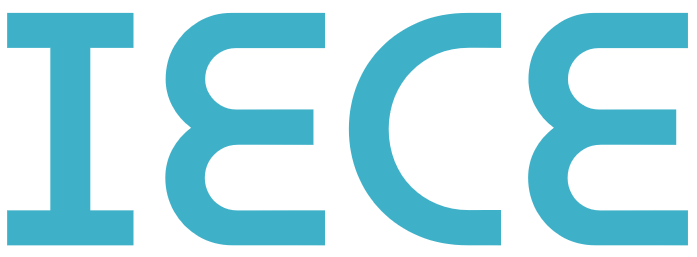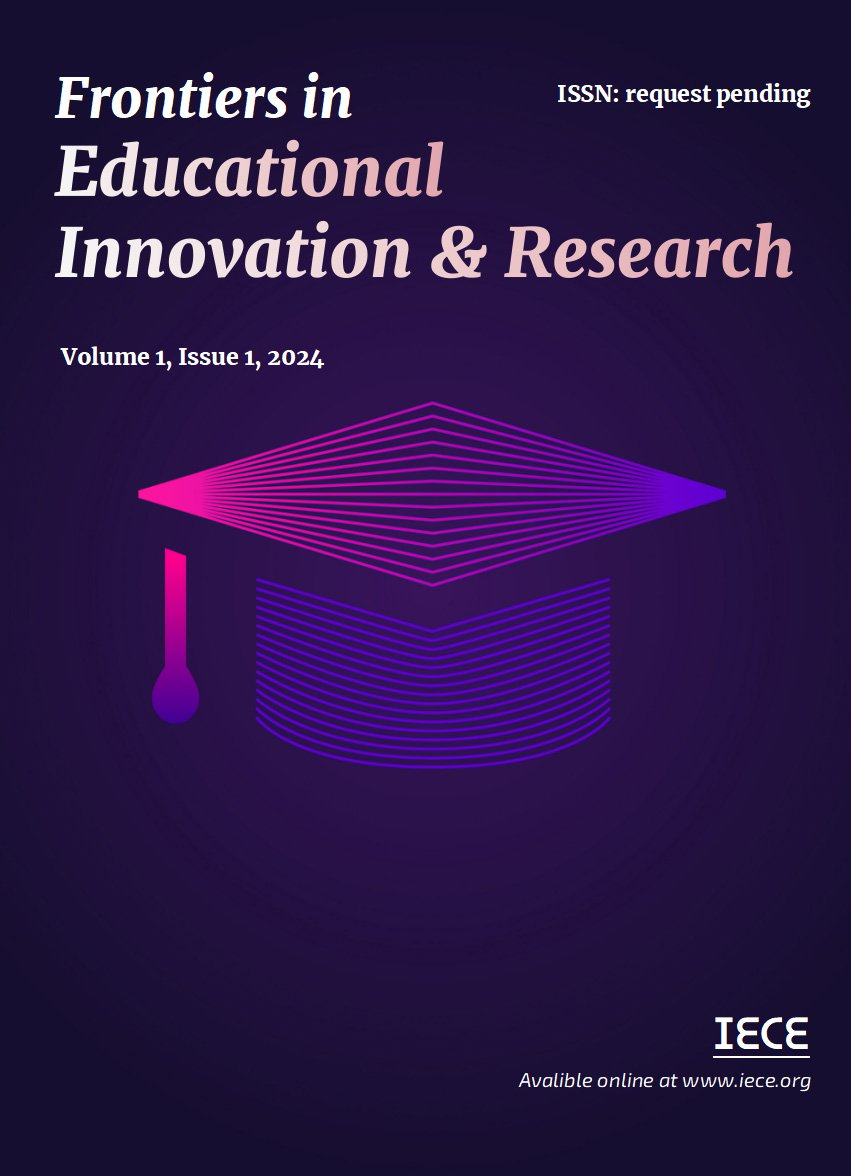Journal Information
Frontiers in Educational Innovation and Research
Online ISSN: request pending
Print ISSN: request pending
Publishing model: Open Access
DOI Prefix: 10.62762/FEIR
Aims & Scope
Frontiers in Educational Innovation and Research is a peer-reviewed, open-access journal dedicated to advancing the theory, practice, and research in the field of educational innovation. The journal seeks to provide a multidisciplinary platform for scholars, educators, and policymakers to explore innovative approaches to teaching, learning, and educational systems. We welcome research that integrates emerging technologies, pedagogical models, and evidence-based practices with a focus on improving educational outcomes across diverse settings.
Aims:
• Promote Educational Innovation: To highlight transformative practices, tools, and methodologies that contribute to the evolution of education across various sectors, from K-12 to higher education and lifelong learning.
• Foster Interdisciplinary Dialogue: To encourage collaboration and discussion among researchers, educators, technologists, and policymakers to create holistic, integrated solutions to contemporary educational challenges.
• Support Evidence-based Practices: To disseminate high-quality research that demonstrates the efficacy of new educational innovations and practices, driving their adoption and scaling in diverse learning environments.
• Advance Equity and Inclusion: To emphasize innovations that address educational disparities, promote inclusive practices, and provide equitable access to quality education for all learners, regardless of their background or socio-economic status.
• Explore Emerging Technologies: To investigate the role of digital technologies, artificial intelligence, immersive learning environments, and other cutting-edge innovations in reshaping educational experiences and outcomes.
Scope:
Frontiers in Educational Innovation and Research publishes original research articles, reviews, theoretical papers, case studies, and policy analyses that span a broad range of topics related to educational innovation, including, but not limited to:
• Pedagogical Innovation: New teaching strategies, curriculum development, flipped classrooms, experiential learning, project-based learning, and learner-centered approaches.
• Technology in Education: The integration of digital tools, AI, machine learning, virtual and augmented reality, gamification, adaptive learning technologies, and online learning platforms.
• Learning Analytics: The use of data-driven insights to improve teaching and learning, personalize education, and assess student performance.
• Inclusive and Accessible Education: Research on innovative approaches to ensuring all learners, particularly those from marginalized or underrepresented groups, have access to high-quality educational opportunities.
• Assessment and Evaluation: New methods for assessing student learning, teacher effectiveness, and educational outcomes, including formative, summative, and alternative assessment models.
• Policy and Leadership in Education: Investigating the role of educational policy, leadership, and governance in fostering or hindering innovation in educational settings.
• Global Education Trends: Comparative studies of educational systems, international collaborations, and research on global educational challenges and opportunities.
• Sociocultural Dimensions of Education: How cultural, social, and economic factors influence education and the potential for innovation to address global inequalities in education.
Publication Frequency
Quarterly
Ownership

The journal is owned by Institute of Emerging and Computer Engineering.
Archiving
All journals published by IECE are archived in Portico, which provides permanent digital archiving for scholarly journals.
Ethics Statement
IECE is responsible for implementing rigorous peer review and strict ethical policies and standards to ensure that high quality scientific work is added to the field of scholarly publishing. IECE takes such publishing ethics issues very seriously, and our editors are trained to enforce COPE's Core Practices and Guidelines, with a zero-tolerance policy for plagiarism, data falsification, and other behaviours. To verify the originality of content submitted to our journals, we use iThenticate to check submissions against previous publications.



